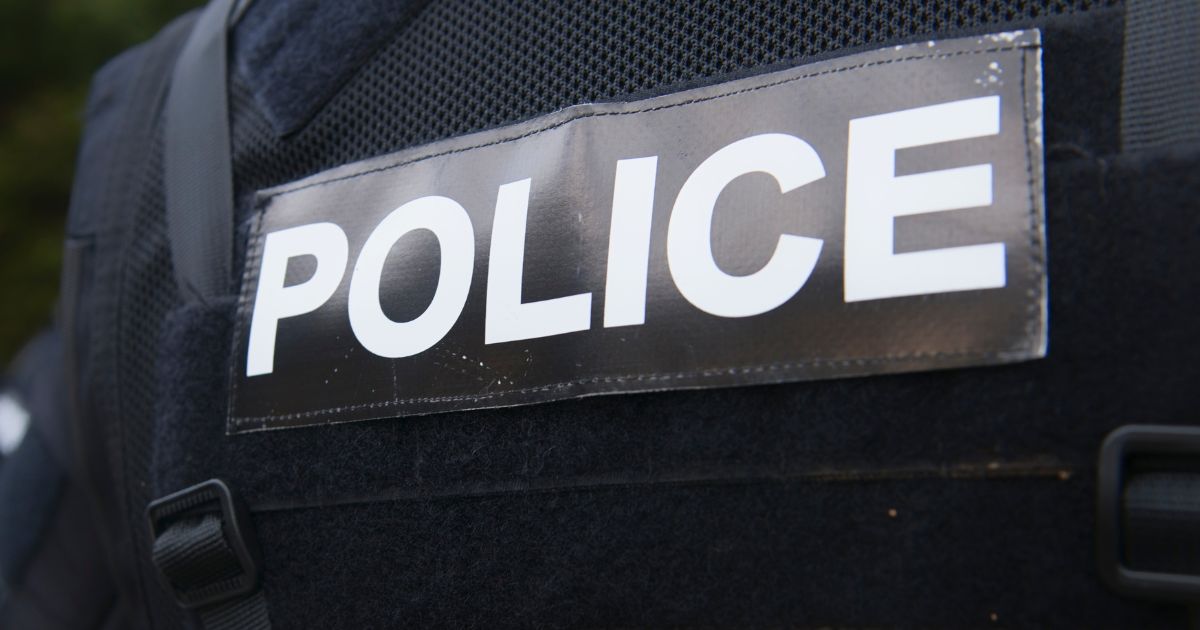Over the past several years, reports of unwarranted police shootings across the country have been seen all over the news. It happens every year and even with increased awareness, the problem seems to have gotten worse. By June 2022, more than 400 civilians had been shot and killed by law enforcement officers. In some cases, when innocent people are injured or killed, family members or representatives step up to file wrongful death claims and seek well-deserved damages.
What Causes These Shootings to Occur?
In general, law enforcement officers need to use force at times, and it is needed and allowed in certain circumstances. Two examples might be in order to defend another person or group or for self-defense. Law enforcement officers are not supposed to use excessive force when apprehending and arresting suspects. The United States Constitution prohibits this, but sometimes police act too quickly and aggressively, leading to unforeseen, devastating tragedies.
The International Association of the Chiefs of Police defines force as the “amount of effort required by police to compel compliance by an unwilling subject.” Officers must be trained to be aware of their situations, assess threats, and determine when reasonable force is needed. Police officers are trained to use the least amount of force needed, but there are no set rules standardizing what matter of force is excessive. Inexperience, poor judgment, and overzealousness can cause unnecessary shootings.
Death by Police Shootings are a Major Problem
These incidents impact everyone, not only the ones who have been shot and their loved ones. They can happen in public places, private homes, and during traffic stops. Asians, Latinos, Black Americans, and the mentally ill are especially at risk for these kinds of shootings, and many of the incidents have been captured on police body cameras, cell phone videos, and surveillance video cameras. Proving these kinds of cases in court can be exceptionally challenging, even when the person’s civil rights were violated. While shooting cases make headlines and get public support, juries can still be hesitant to rule against law enforcement officers.
In addition to the losses suffered by those who were shot and their loved ones, excessive use of deadly force eats away at the trust shared between police departments, their communities, and the public. Pursuing a wrongful death suit might not be easy, but it can be one way to hold law enforcement accountable.
How are Wrongful Death Suits Initiated?
If a law enforcement officer’s negligent act violates someone’s civil rights and leads to an unwarranted death, legal recourse may be appropriate. The first stage is the information-gathering process, where family members and witnesses would share what they know. An official complaint can be filed with a civilian or internal law enforcement review board, followed by a Public Records Act request filing. A wrongful death lawyer can handle these tasks and may hire an investigator to look into matters more extensively.
Like other states, Ohio has specific wrongful death lawsuit rules that apply to these cases. Some allow the deceased person’s family members to file suits. In Ohio, a personal representative (or executor) of the deceased individual’s estate has to bring the claim to court. If that representative is not specified in the deceased person’s will, a court will appoint someone. The time for filing a wrongful death lawsuit in Ohio is two years.
What Else Should I Know About Death by Police Shooting Wrongful Death Claims?
Police work is inherently dangerous, so officers have considerable discretion when it comes to making decisions about using force (and deadly force). It is also important to know that even if an officer is shown to have violated someone’s civil rights, the municipality they work for might not be held responsible.
In order to show that the municipality is at-fault for what happened, the plaintiff needs to prove that the municipality’s policies, practices, and general customs are flawed. It must also be demonstrated that those flaws contributed to the police shooting. This is where an experienced investigator can really help a case.
What Kind of Damages Could I Get from a Wrongful Death Case?
Every wrongful death case has different circumstances, and the final result depends on a variety of factors. As a guideline, you might be entitled to the following kinds of damages:
- Loss of deceased person’s (decedent’s) companionship, care, guidance, and instruction.
- Loss of decedent’s services, like childcare and housework.
- Loss of inheritance that may have been provided had the decedent not died.
- Loss of support – this is based on the decedent’s past and future earning capacity.
- Mental anguish.
- Punitive damages might also be awarded if the officer exhibited a reckless disregard for human life or acted out of malice.
Police Shooting Civil Lawsuit Guidelines
When police officers make the choice to use deadly force in certain circumstances, they must have solid reasons for doing it. If it can be proved that a law enforcement officer used excessive force in a shooting, that accused might be charged with violating the Fourth Amendment of the U.S. Constitution. This protects those accused of committing crimes from being subjected to unreasonable and intrusive searches and seizures.
Law enforcement officers and municipalities might use a qualified immunity legal defense in these kinds of cases. That is just one reason why police shooting cases zero in on all the facts so closely. The plaintiff needs to prove that a reasonable officer who was in the same circumstances would have been aware that deadly force was necessary or not.
A Dayton Wrongful Death Lawyer from Wright & Schulte LLC Can Offer Legal Guidance With Your Wrongful Death Claim
Law enforcement officers who cause wrongful deaths should be held accountable for their actions but proving what happened when in court can be complicated. Contact a Dayton wrongful death lawyer at Wright & Schulte LLC. We have the experience, resources, and compassion to advise you on these cases, and our representatives are ready to help. Complete our online form or call us at 937-222-7477 for a free, confidential consultation. We are located in Dayton, Ohio, and our service area includes Dayton, Cincinnati, Columbus, Cleveland, Centerville, Toledo, Youngstown, and Miamisburg.



